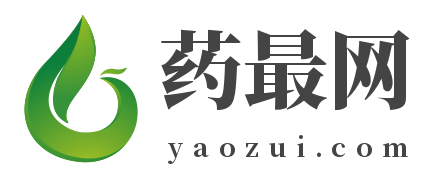CGTN报道上海医药大爱之行
The people living in the remote villages of the Tibetan highlands might seem to be living in paradise, but in fact the high altitudes and remoteness have put them in earthly need of medical help.
A team of doctors and experts from Shanghai traveled across the country in late June to visit the poverty-stricken Tibetan residential region in southwest China's Sichuan Province, and offered free medical care.
The team's journey to Longzang county is part of the project dubbed "Weaving of love: heritage and continuation," launched by three district hospitals and three traditional Chinese medicine hospitals in Shanghai and supported by the Shanghai Pharmaceuticals Holdings.

Villagers receive free medicine from the Shanghai medical team. Photo courtesy of Shanghai Pharmaceuticals Group.
The group's main purposes are to disseminate information on seasonal and regional diseases prevention, dispense medicines, train medical staff, and ultimately improve medical care in underdeveloped areas.
Their specific destination is the Longzang county, or (Dragon Tibetan county in English), with an altitude of 3,350 meters and an average annual income of less than 4,500 yuan (677 US dollars).
The free health checks found that the villagers are mostly suffering from regional diseases including Kashin-Beck disease, neurodermatitis, melasma, and menopause for most middle-aged women. Besides providing medicine, the doctors also instructed patients on hygiene knowledge and disease prevention methods.

Villagers receive free medicine from the Shanghai medical team. Photo courtesy of Shanghai Pharmaceuticals Group.
China has been providing assistance in health training and access to medicine (Tibetan and Western) to ensure sufficient sanitary services to the villagers in Tibet and surrounding areas. For example, more than 2.8 million milliliters of blood have been sent to Tibet for medical assistance over the past year.
Also, blood banks in eight provinces and municipalities including Beijing, Shanghai, Guangdong and Jiangsu have established a regular blood transfusion mechanism to help Tibet since July 2017.

